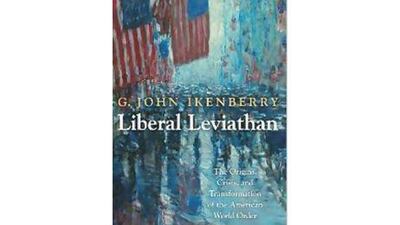Since the end of the Cold War, the US has had no serious rivals either to its military or its economic capacity. This puts us in a situation that is "unique in world-historical terms", according to the Princeton international relations scholar G John Ikenberry. Balance-of-power politics, the strategic logic of diplomacy since the dawn of time, has been put on hold: we all live on America's terms now.
What sort of terms are they? Ikenberry wastes time brooding rather foggily on the emotive question of empire, at length conceding that the US has been "crudely imperial" in Latin America and the Middle East. But the defining tendency, he claims, is towards "liberal hegemony" - a world bound by international law and institutions, (relatively) freely subscribed to but essentially owned and operated by Washington.
That combination of legalism backed by military might has made the US order unprecedentedly stable and profitable. Still, the system is in jeopardy: undermined from within, by the Bush administration's self-defeating contempt for international law, and from without, by rising powers in the East. If the US liberal order is to be an enduring feature of world affairs, Ikenberry says, its conditions must be renegotiated.
